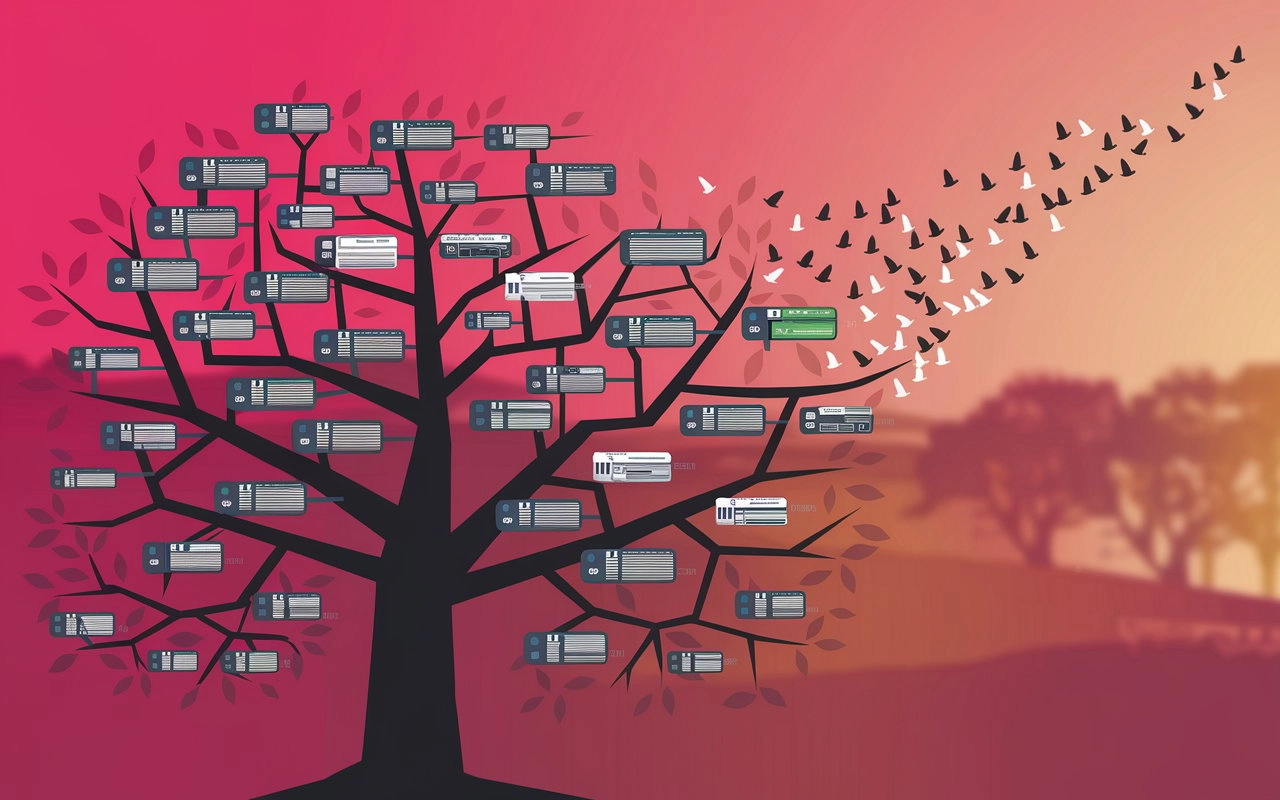The Impact of VPN on the Environment

In today's world, Internet security and privacy are becoming increasingly important. VPN is one of the most popular means of ensuring online privacy. However, despite its advantages, using VPN can also affect the environment. In this article, we will look at how VPN services can affect the environment and what steps can be taken to minimize this impact.
Impact on energy consumption
One of the key factors associated with the environmental impact of VPN is energy consumption. The operation of servers that provide VPN operation requires significant energy consumption. The main aspects of the impact of VPN on energy consumption include:
- Server operation. Maintaining constant server operation requires round-the-clock energy consumption. This is especially true for large VPN services that serve millions of users.
- Data transfer. Using VPN increases the volume of data transferred, which in turn requires additional resources for processing and transmitting information.
- Encryption and decryption. Encryption and decryption of data require significant computing power, which also increases energy consumption.
The energy consumption of servers is directly related to the carbon footprint that VPN use leaves. The more energy consumed, the more carbon is released into the atmosphere. The carbon footprint is the sum of carbon dioxide (CO2) emissions and other greenhouse gases produced by human activity. It is measured in CO2 equivalents and has a significant impact on the environment. The harm of the carbon footprint is as follows: acceleration of global warming, melting of glaciers and rising sea levels, disruption of ecosystems and loss of biodiversity, increasing ocean acidity, impact on human health, etc. To estimate the carbon footprint of your VPN, you need to consider the following:
- Energy sources. It is important to understand where the energy to run your servers comes from. If fossil fuel energy is used, the carbon footprint will be significantly higher.
- Server efficiency. Modern energy-efficient servers can significantly reduce your carbon footprint by reducing energy consumption without sacrificing performance.
Possible measures to reduce the negative impact on the environment
Every user can do their part to reduce the negative impact on the environment when using VPN and network infrastructure by taking the following measures:
- Choosing an environmentally responsible VPN provider. Choose providers that use renewable energy to power their servers. Many companies openly share information about their environmental initiatives. Choose providers whose data centers have energy efficiency certifications, such as LEED or Uptime Institute certification.
- Turn on VPN when needed. Only connect to a VPN when you really need it, such as when connecting to unsecured networks or to bypass geo-blocks. This will reduce overall energy consumption. Also, close applications and tabs that do not require an active VPN connection. This also helps reduce the load on the network and servers.
- Switch to energy-efficient devices. Using laptops, routers, and other devices with high energy efficiency will help reduce overall energy consumption when working with a VPN. Keeping your device software and firmware up to date can also help you use your resources more efficiently.
- Set up for lean operation. Optimizing your server settings to run in lean mode, including lowering your CPU clock speed or turning off unnecessary features, can also help reduce energy consumption.
- Reduce overall network traffic. Using data compression technologies can significantly reduce the amount of information transferred, which in turn reduces the load on your network and servers. Choose lower resolutions for streaming video and audio whenever possible to reduce data usage and power consumption.
- Education and awareness. Tell your friends and colleagues about the environmental impact of network infrastructure and how they can minimize this effect. Join campaigns and programs aimed at reducing the carbon footprint of digital technologies.
By taking these measures, each user can contribute to environmental protection by reducing the energy load associated with the use of VPN and network technologies.
A private VPN server is your contribution to preserving the environment
Millions of people around the world use VPN every day. If each of them starts taking steps to reduce their carbon footprint, the cumulative effect will be significant. The collective efforts of many people can significantly reduce overall energy consumption and, therefore, reduce greenhouse gas emissions.
Using a private VPN server is an effective step towards minimizing your carbon footprint, especially if the server runs on energy-efficient hardware and uses renewable energy sources. By deciding to buy a private VPN server from Private VPN server, you not only make your personal contribution to preserving the environment, but also save your own money and time.